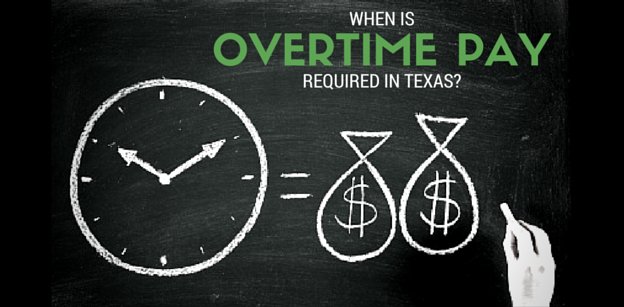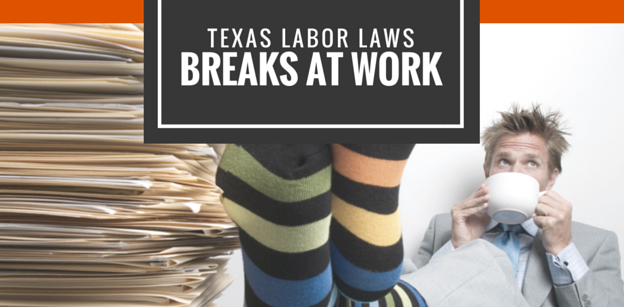While many employers choose to offer vacation and/or sick leave to their employees, there is no general requirement that an employer offer vacation or sick leave to its employees under Texas or federal law. However, under certain circumstances, an employer may be required by law to provide an employee with leave due to the employee’s own medical condition or to care for a family member who is suffering from a medical condition. There are also certain legal obligations for employers who do have written vacation and sick leave policies.
Leave Requirements under the Americans with Disabilities Act (ADA) and Family and Medical Leave Act (FMLA)
The ADA requires employers to provide a “reasonable accommodation” to employees with disabilities. While there are any number of modifications that can be made to a particular employee’s job duties to accommodate him/her, leave from work may also be considered a reasonable accommodation. For example, if an employee is suffering from a disability which requires surgery, the employer may be required to provide that employee with a certain amount of leave to undergo the surgery and recover from the surgery. However, the employer is only required to do so as long as granting the leave does not cause an “undue hardship” for the employer. This means that an employer may not be required to grant the leave if it would cause significant disruption/difficulty or expense to the employer.
Under the FMLA, an eligible employee is entitled to up to 12 weeks of unpaid leave when that employee suffers from a serious health condition, to care for a family member (spouse, child, or parent) who suffers from a serious health condition, or following the birth of a child. An employee who takes leave under the FMLA cannot be fired or otherwise retaliated against for taking or requesting FMLA leave, and he/she must be restored to his/her original job (or equivalent) upon return from FMLA leave.
While the ADA applies to all employers with 15 or more employees, the FMLA is only applicable for employers with 50 or more employees within a 75 mile radius. Additionally, to be eligible for leave under the FMLA, the employee must have worked at least 1,250 hours over the course of a 12 month period preceding the leave.
What Happens to My Accrued Leave when I am Terminated?
Under the Texas Payday Law, accrued leave must be paid out to an employee only when the payout has been promised in a written policy or agreement with the employer. How and when this payout is made is subject to the language of the policy or agreement. This means that depending on the wording, the payout of accrued but unused leave may only be paid out when an employee is
- terminated without cause
- gives the employer proper advance notice of resignation.
If there is no written policy, there is no legal requirement for the employer to payout an employee’s leave balance upon employment separation.
If you have recently been terminated, laid off, or resigned, and your employer is refusing to payout your accrued leave, it is important to consult with an employment attorney in your area. You may have the right to pursue a breach of contract claim or a wage claim against your employer.






